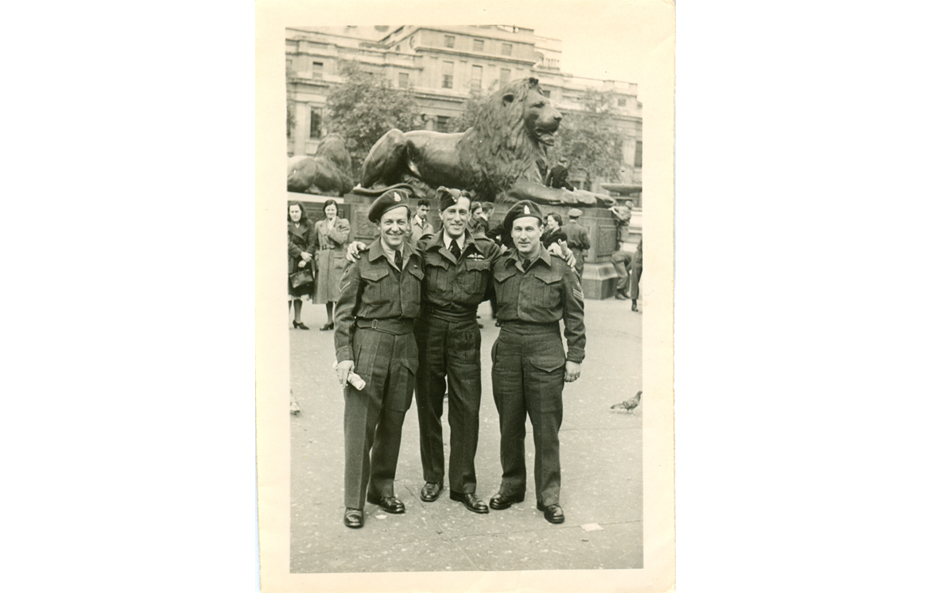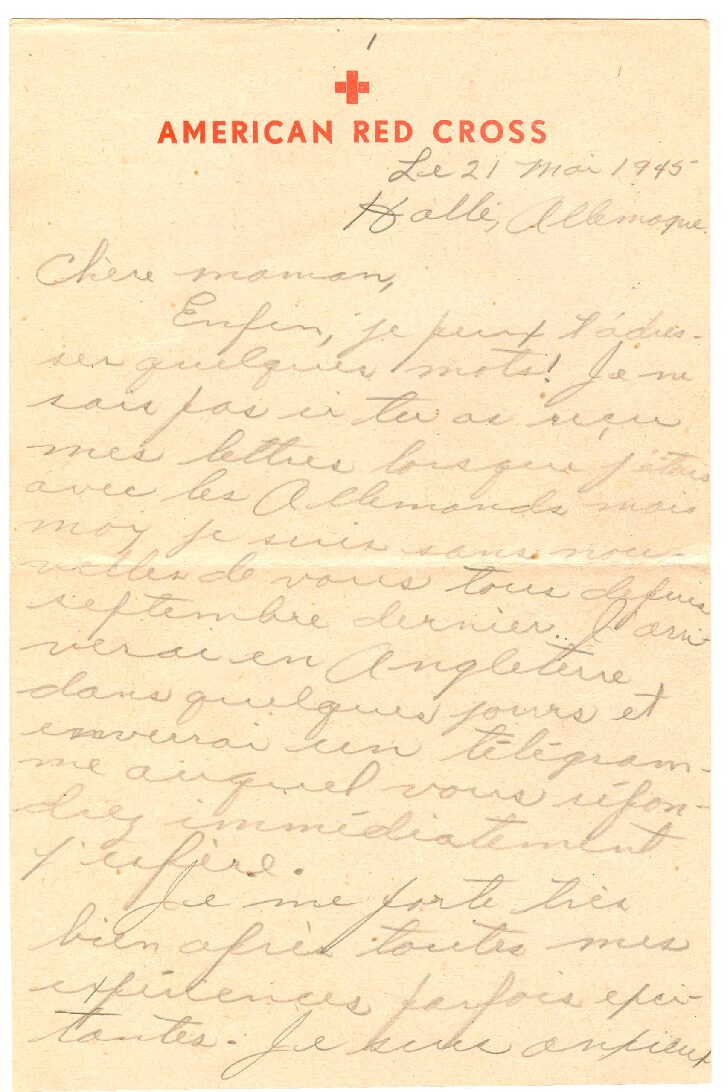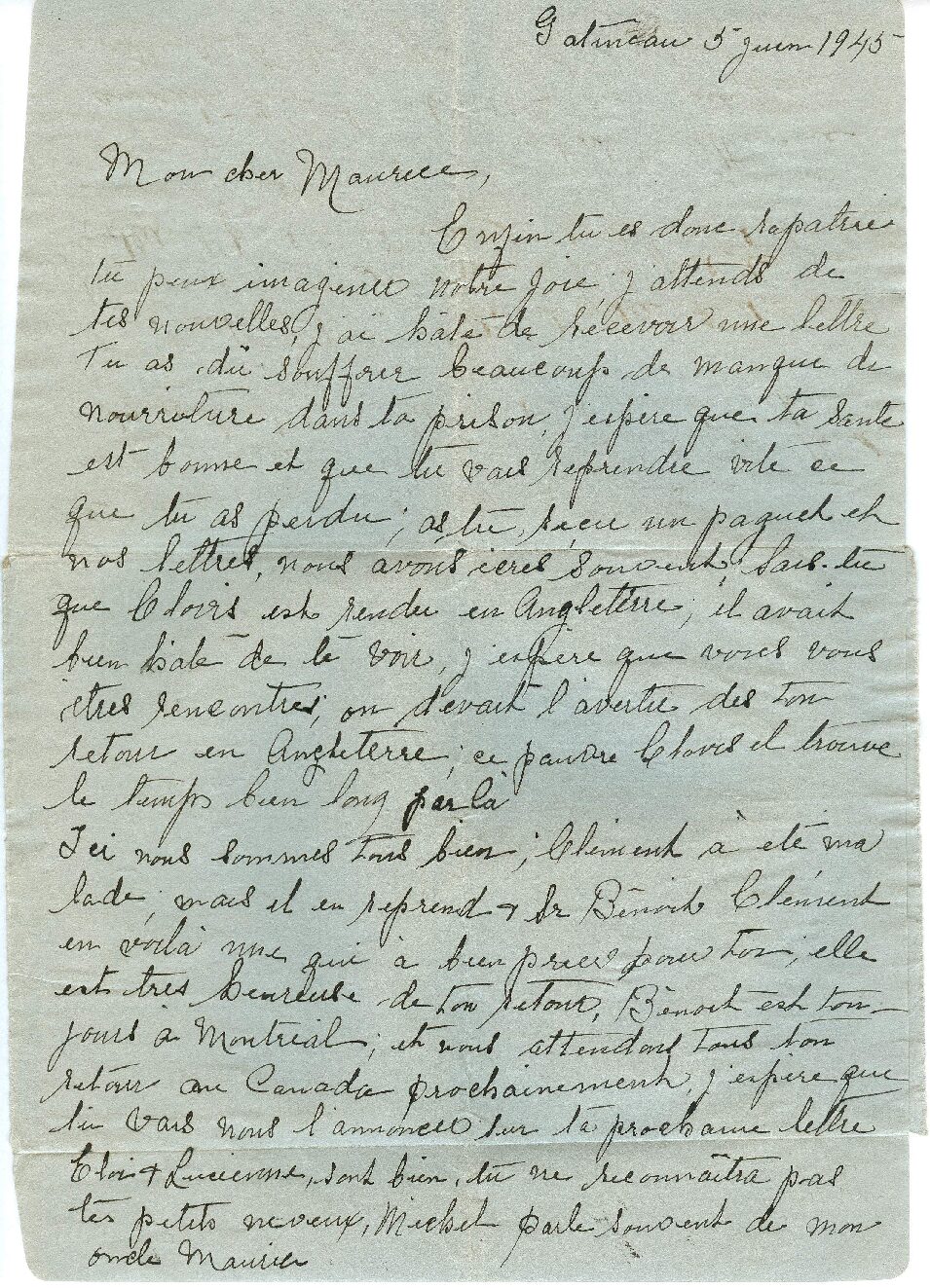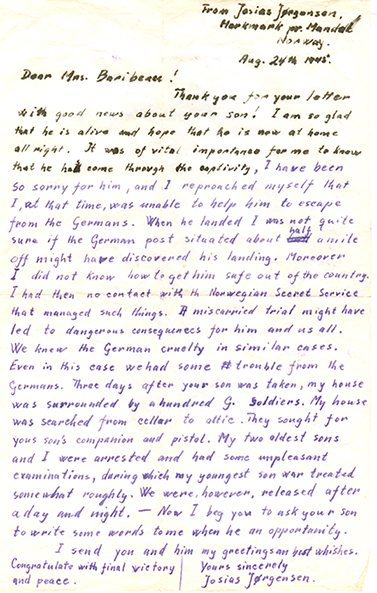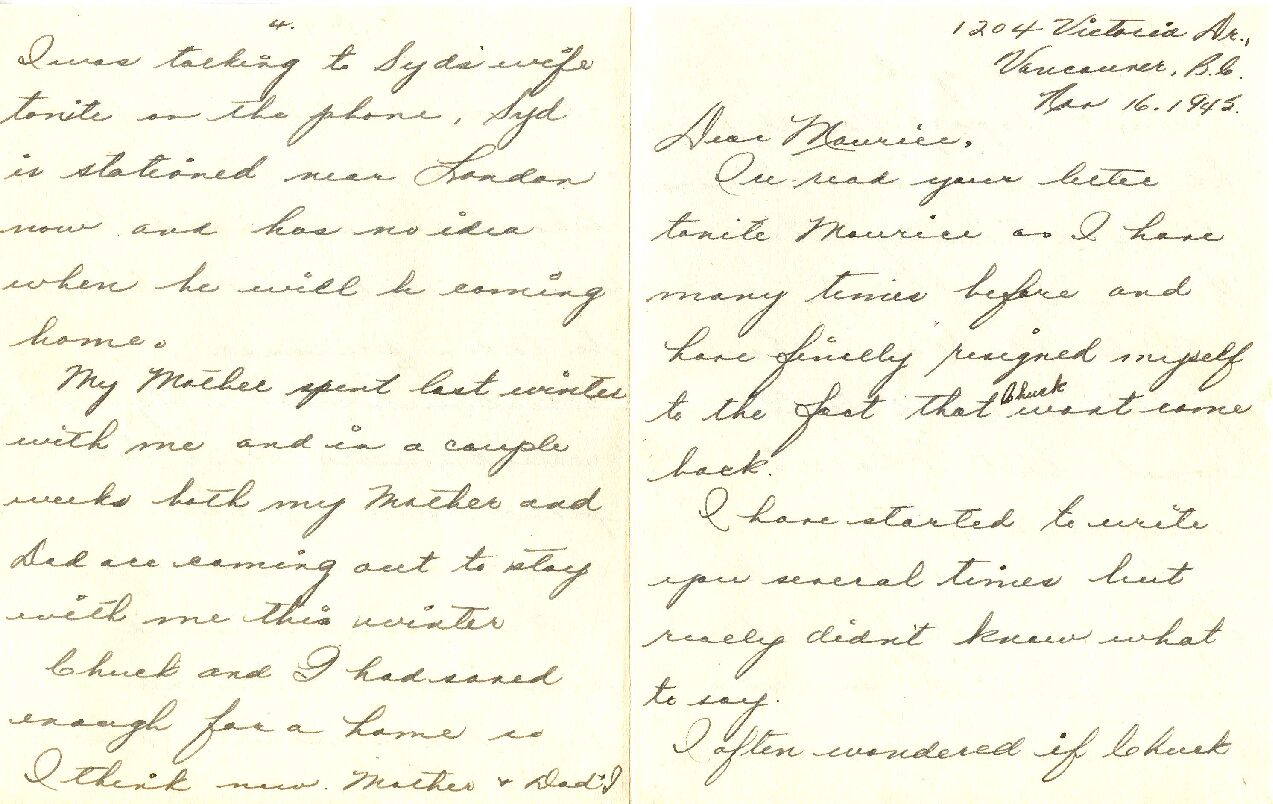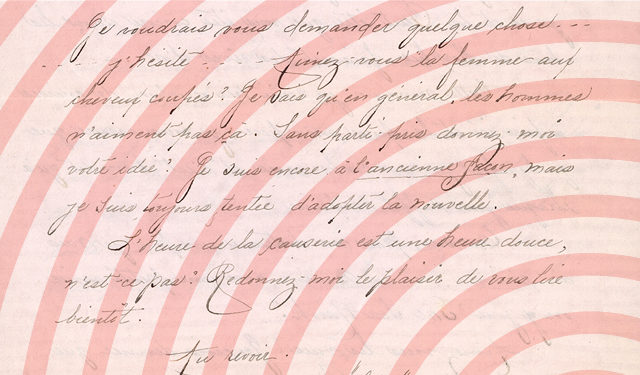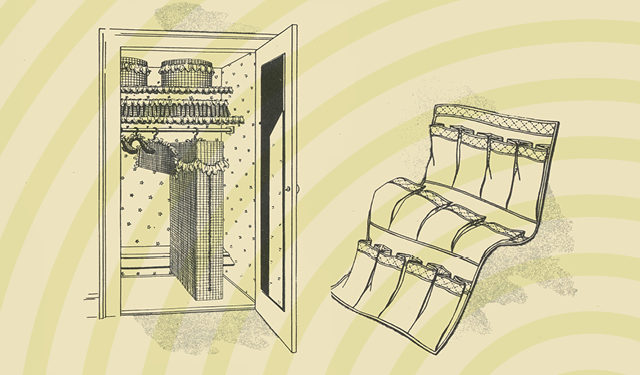War letters: A vital link
Learn how letters during wartime were essential to aviator Maurice Baribeau and his family.
November 9, 2023
This series of 12 articles written for the Shared Emotions project uncovers feelings, sensations and values buried in archival documents and looks at how they are shaped by the cultural and historical context of the time.
______
As the Second World War raged in Europe, the destruction caused by bombing severely hampered communications. However, the postal service was efficiently organized and soldiers in the field could send and receive mail. Under the terms of the Geneva Convention, prisoners of war were also entitled to correspond with their loved ones and receive packages from the Canadian Red Cross.
These letters were crucial to the families and soldiers who lived through this difficult period in a permanent state of anxiety. As such, they are key to helping us understand the conflict as it was experienced by those involved. These missives not only contained descriptions of what people in the military were feeling, they embodied the vital link between soldiers and their families, despite the distance.
Composed of numerous letters written between September 18, 1944, and November 16, 1945, the Maurice Baribeau Fonds offers first-hand access to the daily lives of prisoners of war and their loved ones. Full of everyday stories and honest emotions, these letters document both routine moments and dramatic events.
On September 14, 1944, Maurice Baribeau, a pilot from the Gatineau region, flew his bomber on a military mission. He was accompanied by his Royal Canadian Air Force co-pilot, Charles Hugh Taylor. As they attacked a convoy of enemy ships, their plane was hit and caught fire near the coast of Norway. Maurice and Charles lost sight of one another when they were forced to land on the water. Only Maurice Baribeau survived the crash. However, he was captured by the German army several hours later. Thus began his voyage to Nazi Germany and an eight-month stay in a prisoner of war camp. For many long weeks, his family back in Canada had no idea what had happened to him as he was moved from camp to camp.
| See the Maurice Baribeau Fonds on the Online Collections platform! |
After the Allied forces liberated him from his prisoner of war camp, Maurice stayed in an American Red Cross recovery camp before heading to England. He wrote his first letter as a free man to his mother, Lucia Lacroix Baribeau, on May 21, 1945. The opening lines convey relief, tinged with feelings of alienation and anxiety: “I can finally send you some news! I don’t know if you received my letters when I was being held by the Germans, but I haven’t heard anything from you all since last September.”
After over height months with no word, it was not surprising that Maurice’s letters—and those of his family—would focus on the importance of correspondence. In fact, Lucia Lacroix Baribeau constantly reiterated her need for reassurance of her son’s condition and circumstances: “You’re finally being sent home. We’re absolutely overjoyed; I await your news, I can’t wait for a letter from you […] did you receive a package and our letters? We wrote to you often […]”
In the beginning of his letter, Maurice clearly expresses the stress and impatience experienced by correspondents waiting for more information: “[…] I’m going to send a telegram and hope you’ll respond immediately.” As for Lucia Lacroix Baribeau, she closes her letter with “All the best; we anxiously await your reply.”
This feeling of excitement and impatience concerning the mail was also shared by Josias Jorgensen, the person who found Maurice after his plane crashed in Norway. A witness to his capture by the German army, Josias was powerless to do anything. Maurice had given him his mother’s address, no doubt hoping that he would write to reassure her that her son was alive following his arrest. However, Josias did not write his first letter until late August 1945, after the Germans had surrendered. At that point, he felt compelled to find out what had happened to Maurice : “It was of vital importance for me to know that he had come through the captivity.”
Josias’ letter makes clear that the encounter had a profound impact on him. He closes with a plea: “Now I beg you to ask your son to write some words to me when he has an opportunity.” This key event, for both Maurice and Josias, created an unbreakable bond between these two strangers, despite the adverse circumstances.
Letters can bring good news, but they can sometimes bring bad news. While the aforementioned letters express feelings of undeniable relief and joy, the letter from Doris Taylor conveys the grief and hardship of having to face a cruel reality. It was not until November 1945 that the wife of Maurice’s co-pilot found the courage to answer him, after her husband’s death had been confirmed by the only witness to the crash—Maurice himself. “I have started to write you several times but really didn’t know what to say.”
Despite the circumstances, her letter expresses deep gratitude: “I want to thank you for your letter, I really appreciated it, you answered many of the questions I wanted to have answered.” Removing any no doubt of what had happened to her husband, Maurice’s letter helped her move on.
Full of history, these letter excerpts reveal the private lives of four individuals whose lives were upended by the war. Every missive expresses deep emotions as well as a primordial need to connect, communicate and share. Reading these lines gives us access to the writers’ innermost thoughts as each one, in their way, delicately navigates a whirlwind of emotions.

